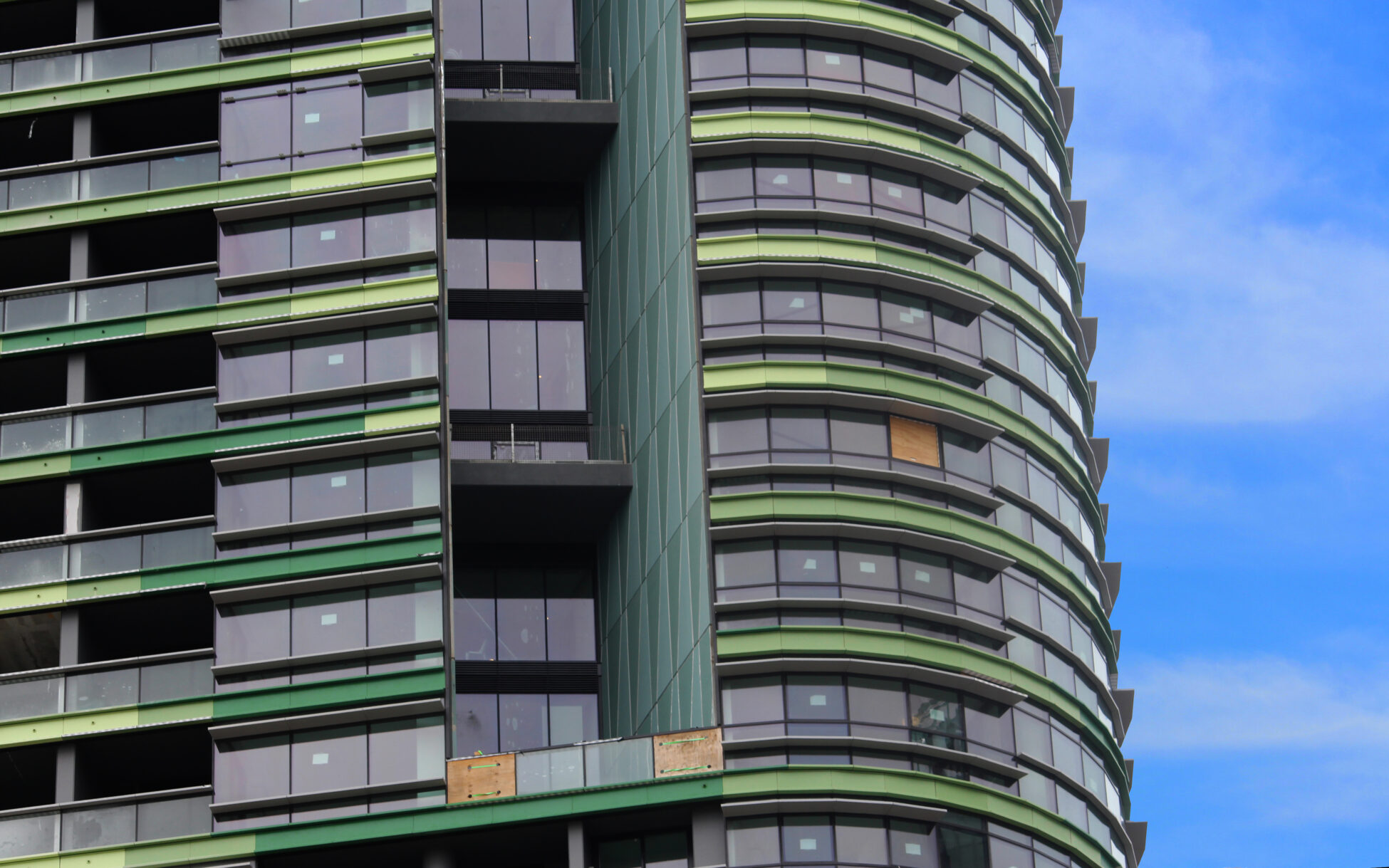Most experts agree that the decline in retail rentals because of the covid pandemic coupled with the soaring increase in the costs of customer acquisition through digital advertising has seen an increased trend in the popularity of the “pop up” store.
Digital Natives are seeing the value in having a bricks and mortar presence. These retailers have found success in building awareness and interest in their brands and products through inexpensive pop-up stores. Pop ups connect them to customers by boosting visibility, sales and social media. Pop ups offer these e commerce pure plays a new sales channel and a chance to experiment with new ideas and products.
Legacy retailers are also seeing the advantage in expanding their brick-and-mortar outlets through pop up stores. It enables them to sell excess stock in localities their existing footprint does not venture into. With pop up store rentals relatively inexpensive it sometimes makes more sense to have products on display in a retail environment rather than locked up in expensive warehouse storage.
This rise in pop up stores is a win for retail landlords too. They earn rental income from their vacant retail spaces whilst looking to secure a more stable permanent higher rental for the longer term. It also helps create a buzz for shopping centres and increases traffic to them in the hope more permanent tenants will be found. Whilst the pop-up trend is helpful during an otherwise depressed retail rental market landlords and their agents ought to be aware of some of the pitfalls.
Whilst the pop-up trend is helpful during an otherwise depressed retail rental market landlords and their agents ought to be aware of some of the pitfalls.
Retail landlords and their agents typically secure their premises through a simple short Licence to Occupy or a Casual Mall Licence rather than a more formal lease under the Retail Lease Act ( NSW) 1994.[1] (“Act”)
Avoiding the Act has many benefits for the landlord. These include doing away with the necessity to provide the tenant with a copy of the proposed lease and a summary of the important matters of the lease at the negotiation stage. Not having to enter a Retail Lease means the landlord can pass onto the tenant the legal costs of the preparing the lease, not be restricted on the type and nature of outgoings that it can recovered, minimise compensation for disturbance caused by the retail landlord, avoid having to undergo mediation and go straight to court if there is a dispute.
The danger for a retail landlord can arise however if the pop-up tenant has been in possession of the retail shop without interruption for more than one year (whether by means of a series of 2 or more leases or by means of an extended or renewed lease or leases, or by any combination of those means) because the licence can become a retail lease and the Act then apply.[2]
Landlords and their agents shouldn’t fall into the trap of thinking they can contract out of this scenario. Section 7 of the Act prevents parties to leases from making agreements that are inconsistent with the Act.
When the Act applies, an obligation arises on the landlord to either provide an offer to the tenant to renew the lease or to inform the tenant that the landlord does not wish to extend the lease with the tenant. This notice must not be less than 6 months before expiry of the lease!
What this all means is that if a landlord is thinking the tenant is on a monthly tenancy at will and is planning to evict the tenant on one months’ notice they might need to think again. The pop up is no longer a pop up. It’s become a retail lease.
Section 44 of the Act requires that the landlord, in such circumstances, give the tenant 6 months’ notice to leave the premises. This might throw into chaos plans a landlord had of introducing a higher rent paying retail tenant. The existing tenant has legal rights to remain in possession of the premises pending the expiry of six months. The landlord faces the prospect of the higher paying proposed new tenant moving on as its not willing to wait. It’s that or the landlord paying the existing pop-up tenant compensation to leave earlier than the 6-month notice period.
This post is only intended to provide commentary and general information. It is not legal advice. See Terms of Use on this website.
[1] Section 6 A (1).
[2] Section 6 A (2).


